7th PRIMaRE Conference
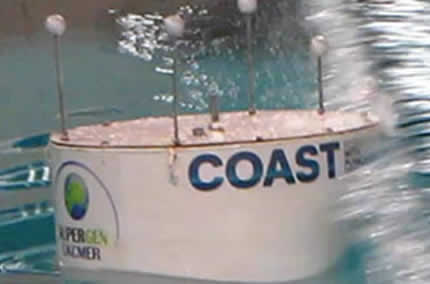
Over 210 delegates attended the 7th PRIMaRE Conference, which was hosted by University of Plymouth and Plymouth Marine Laboratory on the 7th and 8th July 2020 but held online due to the COVID-19 pandemic. Based on peer-reviewed abstracts, 31 presentations and 25 posters were presented over 6 plenary sessions by participants from 28 institutions ranging geographically from Australia to USA. Furthermore, there were six presentations from invited speakers (listed below) and a panel debate featuring a range of leading figures from the marine renewables sector.
The event provided an excellent forum to foster collaboration between industry and academia, which is essential to ensure that the marine energy sector can achieve its full commercial potential, maximising job creation and export opportunities, whilst allowing the UK to remain a global leader in the associated engineering and policy expertise.
Invited Speakers
Professor Hongda Shi (Ocean University of China)
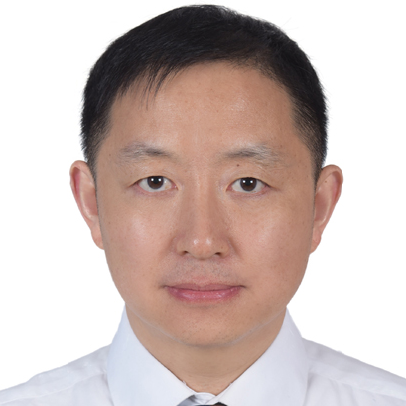
Professor Hongda Shi is interested in the research fields of marine renewable energy, coastal hydrodynamics and coastal engineering. He has focused on theoretical, numerical and experimental research of wave energy converter for many years, including hydrodynamic analysis, array deployment, hydraulic system research etc. He and his team have developed several new wave energy convertors, including Combined Oscillating Heaving Buoy, Circular Ramp Overtopping Convertor, the caisson breakwater OWC and Multi-freedom Floater. He also devotes to the integrated energy development of various marine energy converters. He has published over 70 papers and 17 patents. He has been in charge of 50 research projects, including the projects supported by National Natural Science Foundation, National Key R&D Program, the International S&T Cooperation Program etc.
Steve Jermy (Wave Hub Ltd.)
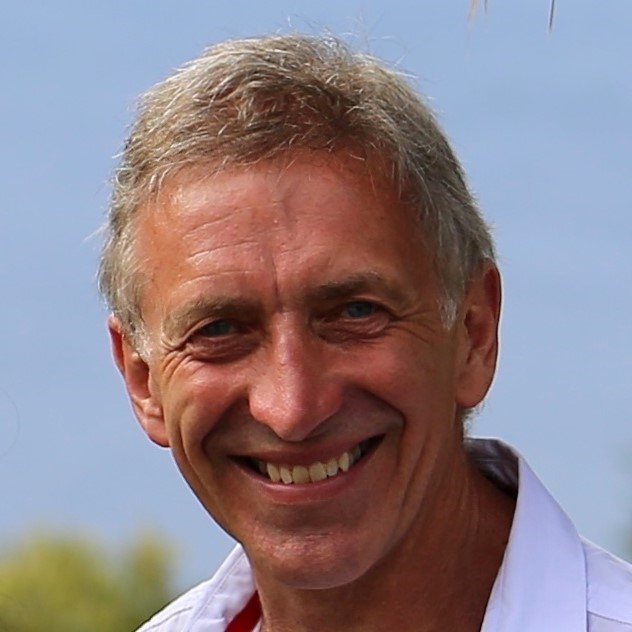
A master mariner and offshore renewable energy professional, Steve is Executive Chair at Wave Hub Ltd and a Non-Executive Director, with lead for marine and energy, on the Cornwall & Isles of Scilly Local Enterprise Partnership (CIOS LEP). His 35 years’ offshore sector experience includes ships’ diving, fishery protection, sea command, and offshore aviation. In the offshore renewable energy sector, he has worked for Mojo Maritime Ltd and James Fisher Group plc, both world-leaders in wave and tidal energy, and has led three major offshore renewable energy R&D projects. In addition to his day role at Wave Hub, he now heads up: the regional task force created to take forward floating offshore wind in Cornwall, the Great South West and Wales; Zero Carbon Cornwall, the CIOS LEP’s strategy to achieve net-zero in Cornwall by 2030. Steve has a BSc in Applied Mathematics and Physical Oceanography from Bangor University, an MPhil in International Relations and International Economics from Cambridge University, and is a Fellow of both the Nautical Institute and the Institute of Marine Engineers, Scientists and Technologists.
Simon Cheeseman (ORE Catapult)
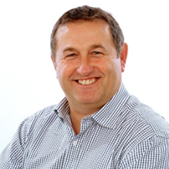
Simon Cheeseman is an experienced engineer and programme manager, having worked in both the private and public sectors. Working within the Offshore Renewable Energy Catapult’s Research and Innovation directorate, Simon manages the Catapult’s Cornwall office. He is responsible for the Catapult’s marine renewables strategy and South West regional development programme focusing on floating offshore wind in the Celtic Sea. During his career Simon has held various senior manager roles with responsibility for high value technology development projects across the aerospace, communications and marine renewables sectors.
Peter Mazurenko (AMOG Consulting)
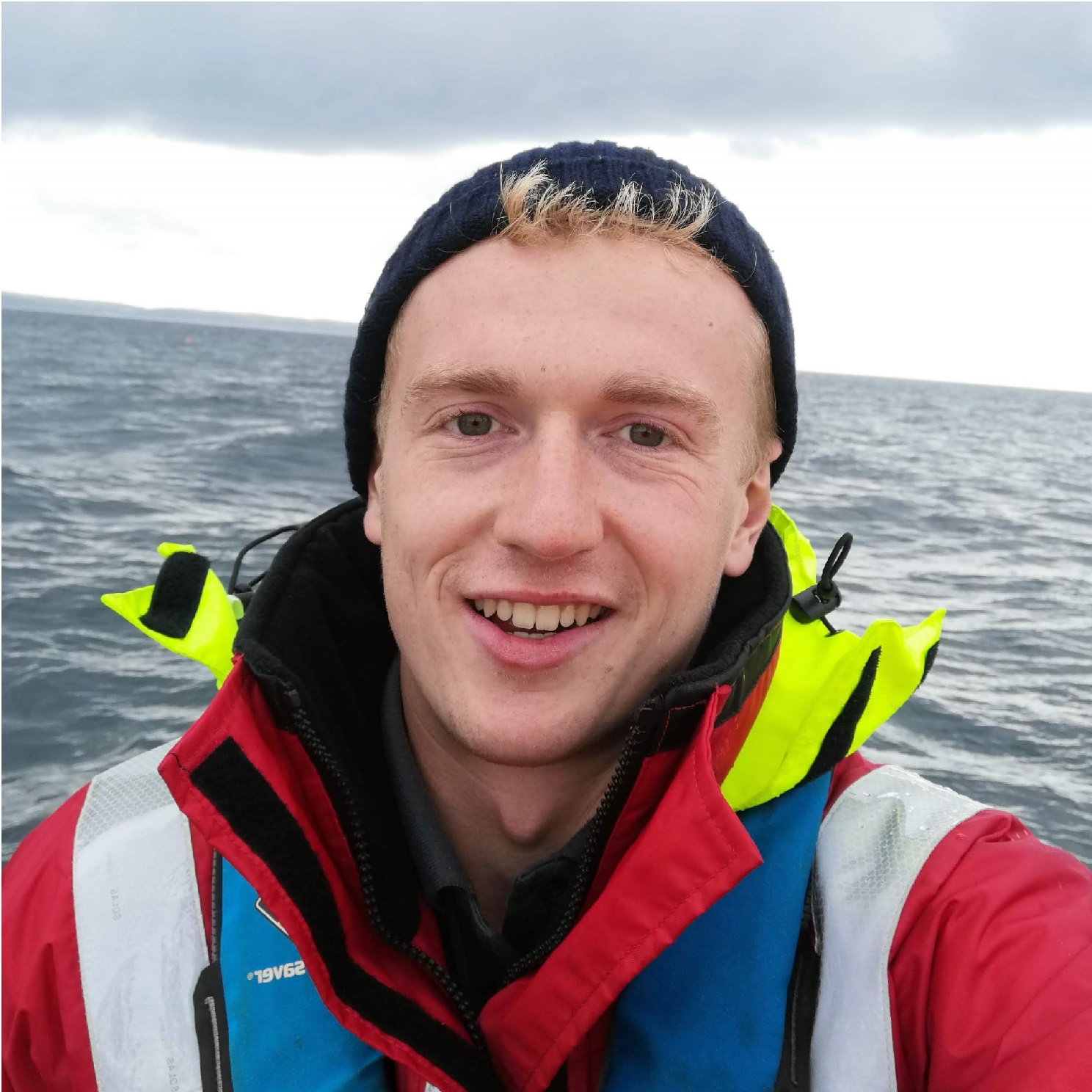
Peter Mazurenko is a Renewable Energy and Project Engineer at AMOG Consulting. Peter has a background in mechanical engineering and has held various roles associated with the delivery of marine fabrication projects. He also has a broad range of experience working on inshore marine deployments, from design and fabrication, to operations and decommissioning. Peter is currently engaged at AMOG's Perth office in Australia, undertaking engineering consultancy work and developing the AMOG IOT smart sensor offering for the mining and shipping industries.
Professor Beth Scott (University of Aberdeen)
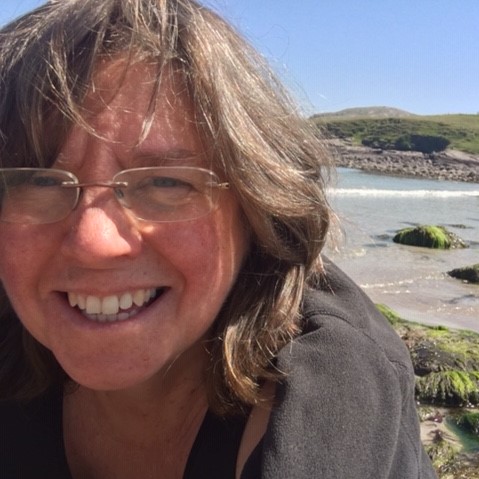
Professor Beth Scott has a multi-disciplinary background in marine ecology and oceanography and her current focus has been the spatial and temporal identification of critical marine habitats where mobile predator and prey species interact. Her research portfolio is central to the understanding of the effects of marine renewable energy systems on multi-trophic interactions. She is a Co-I in the Supergen ORE Hub and is the Environmental Champion.
Dr. Andrea Copping (Pacific Northwest National Laboratories)

Dr. Andrea Copping is the research lead for marine and hydrokinetic energy development, and for offshore wind development, for Pacific Northwest National Laboratories, on behalf of the US Department of Energy. Dr. Copping's projects focus on environmental impacts from the development of wave, tidal, offshore wind, ocean current and riverine energy installations, and the role that these effects could play in technology development and project initiation across the nation. Using risk-based approaches, the marine and hydrokinetic and offshore wind team lead by Dr. Copping integrates laboratory, field and modeling measurements into a coherent body of evidence to support siting and permitting decisions. Dr. Copping works across several scientific disciplines to determine implications of human stressors on marine resources and ecosystems processes, working with stakeholder groups and resource managers to ensure that the available scientific information is accessible and available.
Conference Prizes

Poster and presentation prizes were provided by the conference sponsor, "The Journal of Marine Science and Engineering" (JMSE; ISSN 2077-1312). JMSE is an international, peer-reviewed open access journal which provides an advanced forum for studies related to marine science and engineering. The latest impact factor is 2.033 according to the Journal Citation Reports. The journal ranks 31/66 (Q2) in the category "Oceanography". They maintain rapid, yet rigorous, peer-review, manuscript handling and editorial processes. The median publication time is 34 days (median values for papers published in this journal in the first half of 2020). More information can be found at https://www.mdpi.com/journal/jmse.
Technical Presentations
- Anderson Peccin da Silva (University of Bristol) "Macro-element modelling of plate anchors accounting for capacity changes during operational conditions"
- Natalie Isaksson (University of the Highlands and Islands) "Exploring potential environmental effects of tidal stream marine renewables using bio-tracked seabird data"
- Luke Holmes (University of Plymouth) "Environmental monitoring strategies and initial observations from the SEA Wave project"
Posters
- Jiaxin Chen (University of Exeter) "Using machine learning to derive spatial wave data: A case study for a marine energy site"
- Xiaoyang Cheng (University of Bristol) "Optimisation of soil testing procedure for monopile foundation design of offshore wind farms"
- Valentine Muhawenimana (Cardiff University) "Hydrodynamics of two closely spaced vertical axis turbine wakes"
PRIMaRE Special Issue
PRIMaRE are pleased to announce that, in collaboration with the Journal of Marine Science and Engineering, selected abstracts from this year’s PRIMaRE conference will be invited to submit a full paper for a special issue journal entitled “Selected Papers from the 7th PRIMaRE Conference 2020”. Deadline for manuscript submission is 31 January 2021. Further information can be found on the special issue webpage (https://www.mdpi.com/journal/jmse/special_issues/PRIMaRE2020).
PRIMaRE is also engaged with the EWTEC IMEJ, International Marine Energy Journal, which will accept contributed papers from the conference, some of which will be amalgamated in a special issue targeting wave and tidal energy research. Deadline: 30 September 2020.

